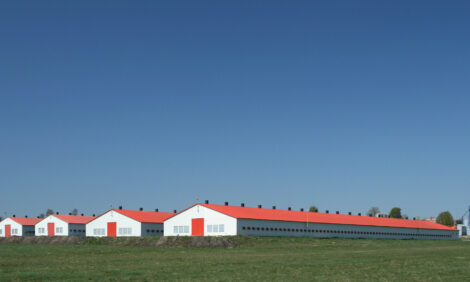



Nigeria plans commodity board to regulate food prices as inflation soars
Nigeria's annual inflation hit 28.92% in DecemberNigeria is planning to set up a national commodity board to regulate the price of grains and other items, as rising food costs stoke double-digit inflation in a country where smallholder farmers dominate production, reported Reuters.
Nigeria's annual inflation hit a nearly three-decade high of 28.92% in December as food prices surged, adding to a worsening cost of living crisis. Inflation data for January is due on Thursday.
Vice President Kashim Shettima said on Tuesday that the National Commodity Board would maintain a strategic food reserve that could be used to reduce volatility and stabilise prices and tackle escalating food inflation in Africa's most populous nation.
Food inflation, which accounts for the bulk of Nigeria's inflation basket, rose to 33.93% in December from 32.84% a month earlier, with higher prices across a broad range of items including bread, fish, meat, fruit and eggs.
Shettima said the government will revitalise food supply in the short-term through measures such as the distribution of fertiliser and grain to farmers and households, to counter the effect of removing a costly but popular fuel subsidy.
President Bola Tinubu last May embarked on Nigeria's boldest reforms in decades by scrapping the fuel subsidy and devaluing the currency to try to revive economic growth.
But growth is yet to pick up while inflation has worsened.
Widespread kidnapping and banditry in farming areas has also pushed up food prices.
Shettima said the government will engage its "security architecture" to protect both farms and farmers, so they can return and work without fear of attack.
He added that concessionary funds will be granted to farmers while the government will drive irrigation to ensure year-round food production.
Nigeria scrapped marketing boards that guaranteed farmers minimum prices in the 1980s as part of reforms to end subsidies, promote exports and stabilise markets after prices rose on informal channels.









